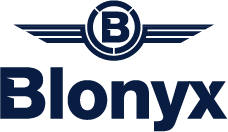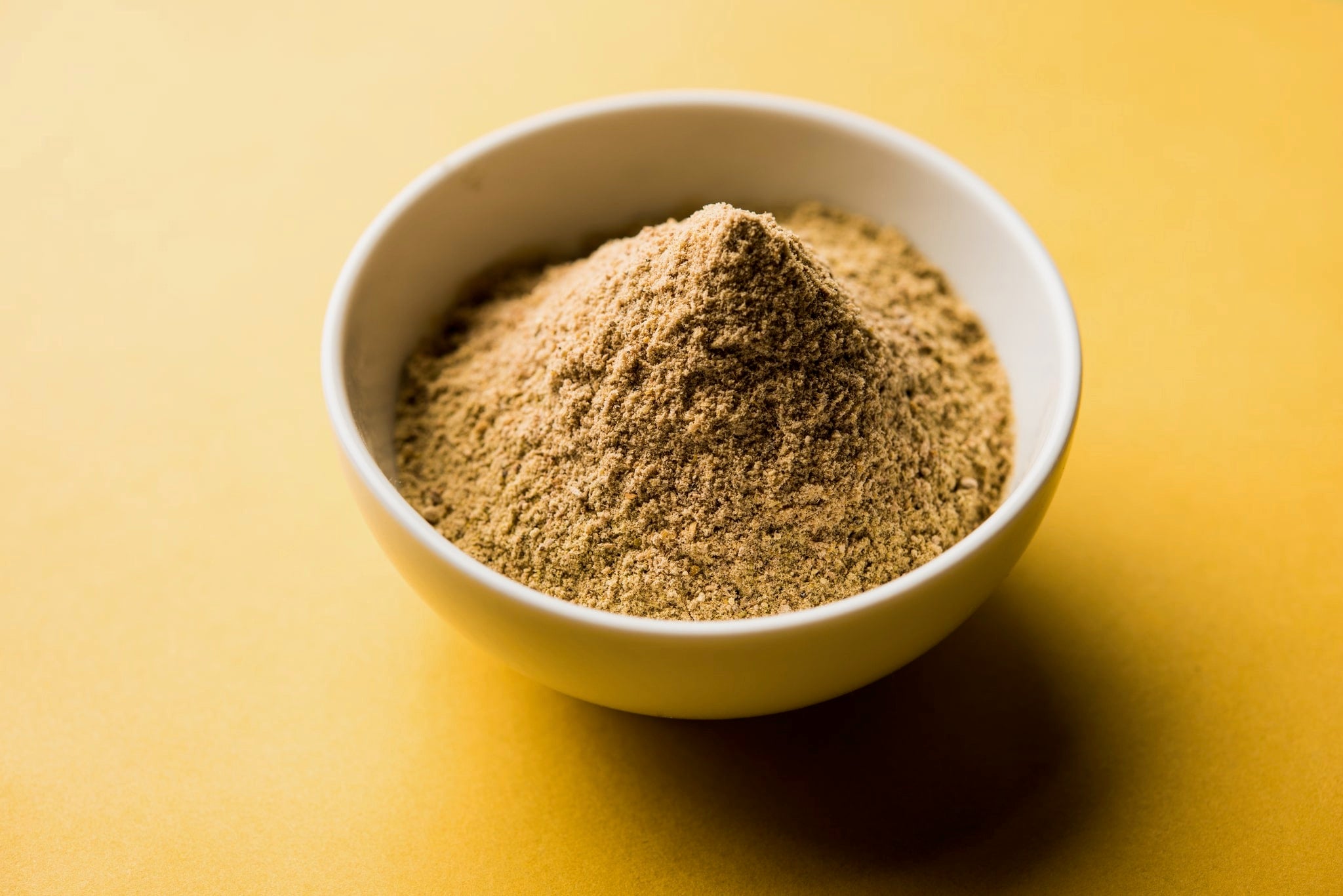Hey there, and welcome to my weekly summary of the latest research from the world of sports science.
This week’s studies cover mealworm protein vs. whey protein, how playing VR tennis improves performance, the effects of carbohydrate supplementation on high-intensity performance, and a bonus study about ginseng’s impact on recovery—read on!
Mealworm Protein Increases Muscle Mass More Than Whey Protein

This study explored the effects of daily supplementation with lesser mealworm protein on muscle mass and strength in physically active older adults over 11 weeks. Seventy participants over age 60 were divided into three groups: one took mealworm protein, one took whey protein, and one took a placebo. While all groups saw small increases in muscle mass, the mealworm group showed the most significant gain, with an average increase of 0.67 kg compared to the whey and placebo groups. Despite this, no significant improvements in muscle strength, measured through leg and handgrip strength, were observed in any of the groups. This suggests that mealworm protein may be effective in increasing muscle mass but not necessarily muscle strength in older adults.
My thoughts: It's rare to have two protein supplements square off against one other in a 70-person study, so this caught my eye (well, that and the obvious). Why mealworm protein increased muscle mass more than whey protein in this group is still a big question… I want to understand more about mealworms' nutritional value, protein absorption rate, and of course, how the participants kept that stuff down?!
Virtual Reality Tennis Improves Player Performance

This study examined how virtual reality (VR) tennis training affects performance using data from over 1,100 users of a VR tennis program. The researchers analyzed two common tasks, Baseline Center and Quick Volley, focusing on factors like efficiency, concentration, and reaction time. Results showed that most users were adult males, and advanced players generally performed better than beginners. Significant improvements were seen in movement efficiency, especially early in training, with adult users improving more than younger ones. Women and right-handed players showed greater gains in certain tasks. The study suggests that VR tennis training can improve performance, boost confidence, and reduce injury risk, though more research is needed to confirm how well these gains translate to real-world tennis.
My thoughts: I included this study because I haven't read much on VR training as a way of improving performance yet. It makes sense of course, and could be a great way to practice when you don't have the facilities available, but does it really make you any better? This study is a step toward finding out. It's clear that athletes improve at VR tennis when playing it, but the question remains—are they now better on the real court?
Carbohydrates May Not Benefit Muscle Performance at High Intensities

This study investigated whether carbohydrate supplements improve muscle metabolism or performance during short-duration, high-intensity intermittent exercise. Eleven trained males completed intense cycling sessions while receiving either a carbohydrate drink or a placebo. Researchers measured muscle glycogen levels and sprint performance before and after exercise. They found no significant differences in muscle glycogen breakdown or sprint performance between the carbohydrate and placebo groups, even though blood glucose and insulin levels were higher in those who took the carbohydrate supplement. The results suggest that carbohydrate supplementation may not benefit muscle performance during short bursts of high-intensity exercise.
Also in the News: Ginseng Doesn’t Improve Recovery
This systematic review examined whether Panax ginseng supplementation can reduce muscle damage, soreness, and loss of function caused by resistance exercise. After analyzing six relevant studies, the researchers found conflicting results. Some studies showed minor effects, but overall, Panax ginseng did not significantly reduce markers of muscle damage or soreness after resistance training. However, these findings are considered preliminary due to potential biases and small sample sizes in the studies. More research with larger and better-controlled trials is needed to determine whether Panax ginseng is truly effective for reducing exercise-induced muscle damage.
That’s all for this week! If you learned something new and are curious to know more, head over to the Blonyx Blog or my growing list of weekly research summaries where I help you further improve your athletic performance by keeping you up to date on the latest findings from the world of sports science.
– Train hard!
Interested in partnering with Blonyx to help others achieve their athletic ambition?
The Blonyx Creator Program is designed for athletes, experts like coaches and physical therapists, fitness influencers, or anyone in between who can help others achieve their athletic ambition by showing them the role that a high-quality sports nutrition routine can play in their training.
We’re partnering with people who will share their Blonyx journey with their audience by creating valuable, engaging content about training and sports nutrition.
When your application is accepted, you’ll get access to Blonyx sports nutrition products, resources to help you create content effectively, and a personalized Blonyx discount code to share with your audience. Plus, you’ll earn commissions on any orders placed using your code—apply now.

